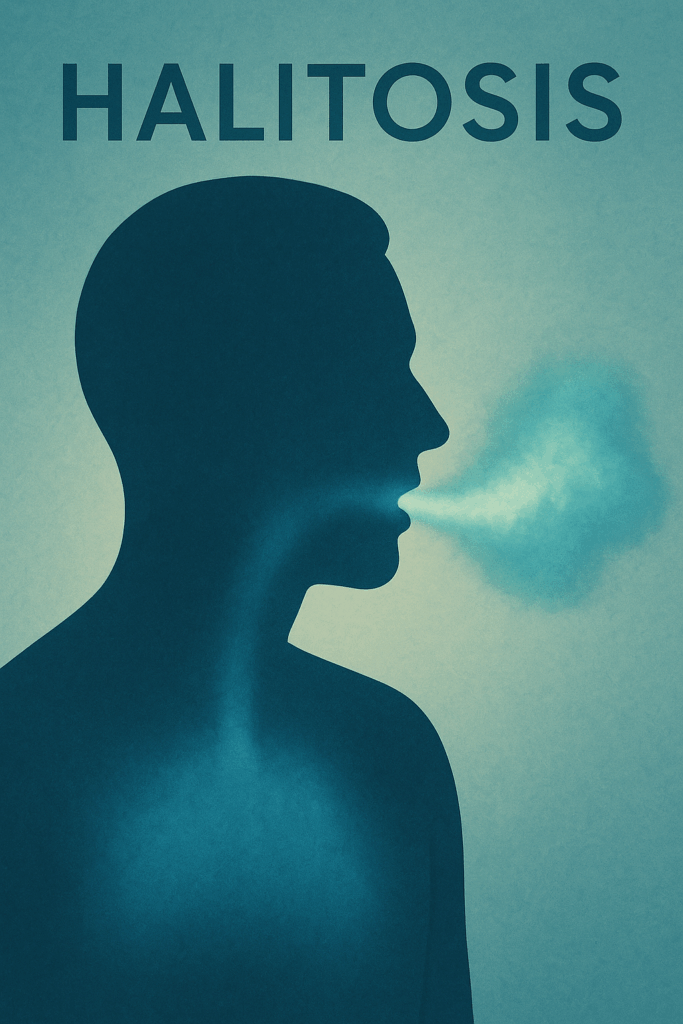Halitosis (Bad Breath): The Body’s Call for Clean Digestion and Purity
Halitosis, or bad breath, is one of the body’s clearest indicators that waste is not being properly eliminated. The unpleasant odour that escapes from the mouth is not caused by bacteria alone but by the internal fermentation of undigested food and the circulation of toxic by-products through the lungs. In essence, halitosis is the body’s way of expelling internal waste through the breath when other elimination channels — the colon, kidneys, skin, or liver — are sluggish or overloaded.
From a Natural Hygiene perspective, bad breath originates in systemic toxemia. When the bloodstream becomes polluted with acids and residues from cooked, processed, or putrefactive foods, the body seeks relief by any means available. The lungs become an auxiliary organ of elimination, releasing gaseous waste that should have been handled through the digestive tract. This process is not a malfunction but an intelligent cleansing response to an internal burden.
The tongue, coated and heavy, often reflects this internal state. The odour results from decomposing proteins and fats — by-products of incomplete digestion caused by poor food combining, overeating, or eating when tired or emotionally stressed. Animal products, refined sugars, alcohol, and coffee are among the worst offenders, as they create acid waste and mucus that linger within the body.
Superficial solutions such as mouthwash or chewing gum only mask the problem. They provide temporary freshness while adding more chemicals for the body to detoxify. True healing requires purification from within.
The first step is rest — both digestive and emotional. Fasting or fruit-only cleansing allows the digestive organs to recover their strength. The bloodstream clears, and the tongue begins to lose its coating. Juicy fruits such as oranges, melons, and apples act as natural cleansers, oxygenating the blood and neutralising acids. Hydration is also key; pure water flushes out cellular waste and dilutes toxic residues.
Proper food combining helps prevent future fermentation. Fruits should be eaten alone or on an empty stomach; proteins and starches should not be combined. When meals are simple and eaten in peace, digestion becomes quiet and complete, and the breath naturally sweetens.
Equally important is emotional clarity. Fear, guilt, or anxiety — emotions often “swallowed” instead of expressed — can constrict digestion and contribute to stagnation. Deep breathing, laughter, and time in nature help oxygenate the body and restore balance to the nervous system.
Halitosis is not an embarrassment to be hidden, but a message to be heard. The body is asking for lightness, cleanliness, and flow. When the blood runs pure and digestion is calm, the breath becomes fresh again — not just as a sign of physical health, but as an expression of inner harmony.

